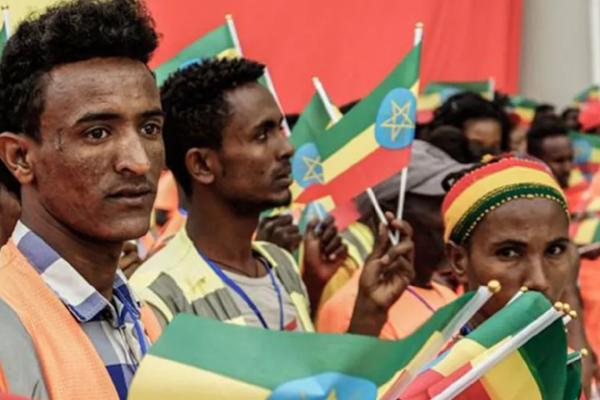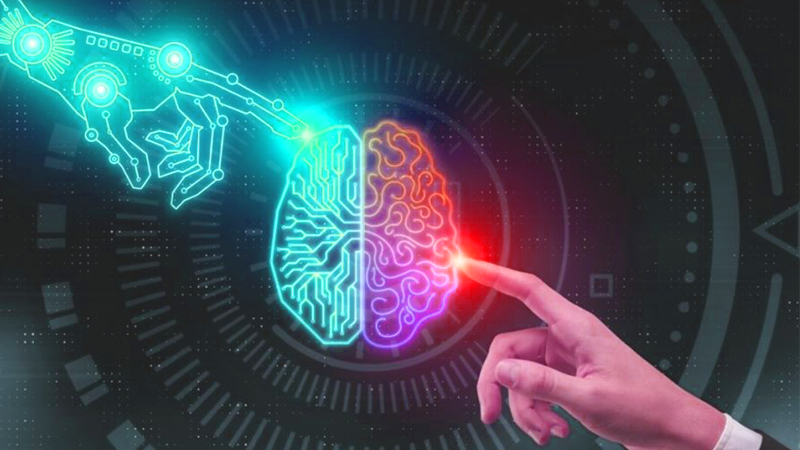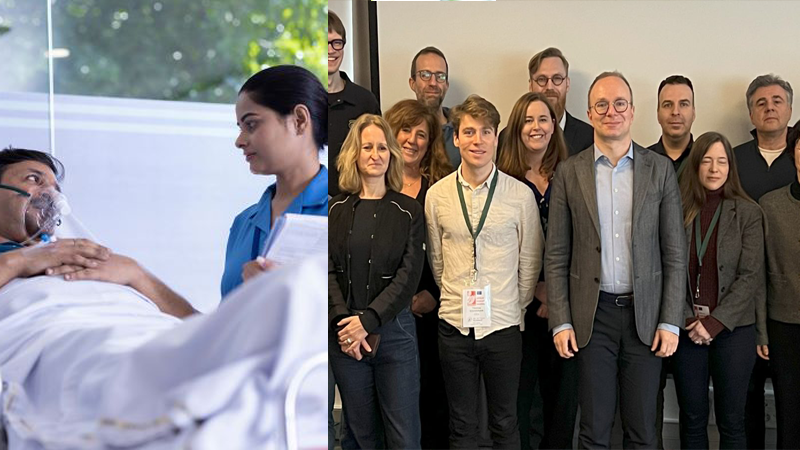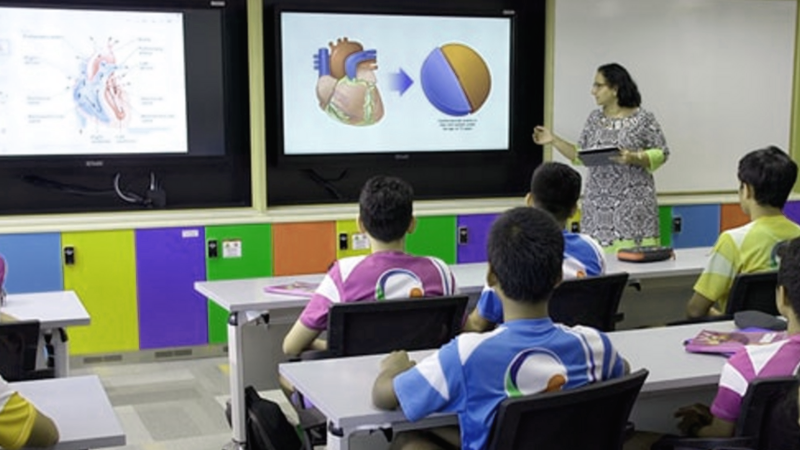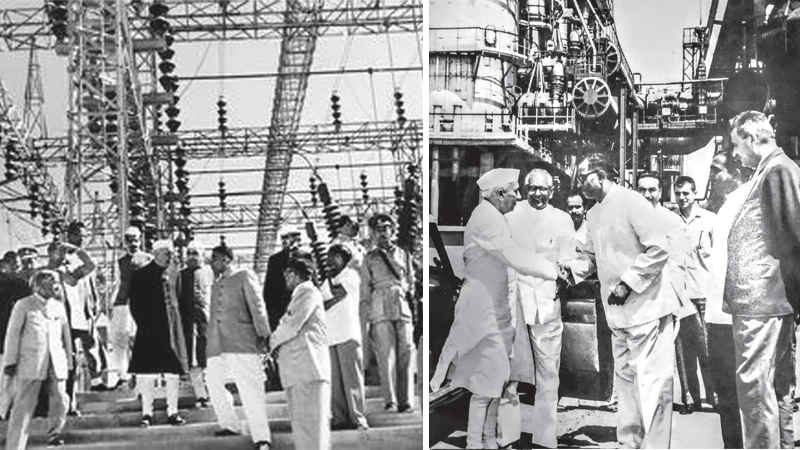Congress Launches ‘MGNREGA Bachao Sangram’: A Nationwide Battle to Save Rural India’s Lifeline
Editorial
Winds of Change Beyond the Slogans
As the first phase of polling begins tomorrow, the political atmosphere across the nation feels charged yet curiously weary. The ruling NDA, led by the BJP, continues to project confidence, banking heavily on its welfare measures and the unflinching loyalty of its core supporters. The recent transfer of ₹10,000 to women under the self-employment scheme is being hailed within NDA circles as a game-changer. Yet, on the ground, the mood seems more complex, and the magic that once defined Modi-Shah politics appears to have dimmed.
The grand narrative of Modi Magic and Chanakya Neeti has been played too often to evoke the same emotional response. Voters, especially in rural and semi-urban constituencies, are more circumspect this time. While welfare measures do matter, their impact may not override the undercurrent of discontent—rising unemployment, inflation, and social polarization. The NDA still commands its core base, the so-called “Modi Bhakts,” but beyond that circle, fatigue is visible.
On the other side, the INDIA bloc seems to have found its rhythm late but effectively. Its message of collective leadership, social justice, and economic inclusivity resonates in pockets that once felt politically abandoned. What was dismissed as a fragmented opposition now appears as a plausible alternative, especially among youth and first-time voters who crave both change and stability.
Figures like Prashant Kishor or Asaduddin Owaisi may not be major gainers in this election. Their presence might disrupt equations, but they are unlikely to emerge as decisive players. Kishor’s political posturing remains ambiguous, and Owaisi’s rhetoric risks narrowing rather than expanding his influence. Their roles, if any, will be peripheral — more as disrupters than contenders.
What stands out in this election is the shift from personality-driven politics to issue-based thinking. The aura of invincibility surrounding the ruling combine is visibly fading. The INDIA bloc, despite its contradictions, has managed to position itself as the voice of caution and conscience — a balancing force in a democracy that thrives on accountability.
Tomorrow’s vote will decide more than a phase of power; it will test whether India is ready to move from charisma to credibility, from slogans to substance. The winds, it seems, are beginning to change direction.
War, Peace, and the New World Disorder
The promise of a peaceful, globalized world lies in ruins. From the smoking cities of Ukraine to the shattered streets of Gaza, the 21st century’s moral compass has gone astray. The old world order—built on the rhetoric of democracy, diplomacy, and deterrence—has crumbled into a new world disorder defined by selective morality, fragmented alliances, and a war on truth itself.
The Russia–Ukraine conflict reawakened Europe to the ghost of Cold War anxieties. It shattered the myth that prosperity ensures peace. While Western nations rallied behind Kyiv, their moral high ground soon sank under the weight of double standards. In Gaza, the same nations that invoked international law in Europe turned a blind eye to the devastation of civilians. The global South has watched in disillusionment as justice became conditional and human rights, negotiable.
The tragedy of our time is not merely that wars are being fought, but that they are being normalized. The world has grown numb to suffering. The United Nations looks more ornamental than operational. International law is obeyed only when convenient, and peacekeeping has become little more than public relations. The very vocabulary of peace—dialogue, restraint, negotiation—has been replaced by the language of deterrence and destruction.
Equally alarming is the rise of post-truth geopolitics. Wars today are waged not only with missiles but with misinformation. Propaganda, deepfakes, and digital echo chambers shape public sentiment faster than diplomats can speak. In this fog of narratives, truth has become a casualty and empathy an afterthought. The battlefield has shifted from territories to timelines.
Yet amid this chaos, new voices are emerging. Nations like India, long advocates of non-alignment, have the opportunity to reclaim the space for dialogue and moral mediation. The Global South, too, must step forward—not merely as spectators but as shapers of a more balanced and humane order.
What the world needs most is a moral recalibration. Power alone cannot ensure peace; only conscience can. To heal the fractures of this age, the world must first rediscover truth—because without truth, peace is just a pause between wars.

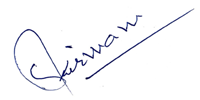
 SAS Kirmani
SAS Kirmani


